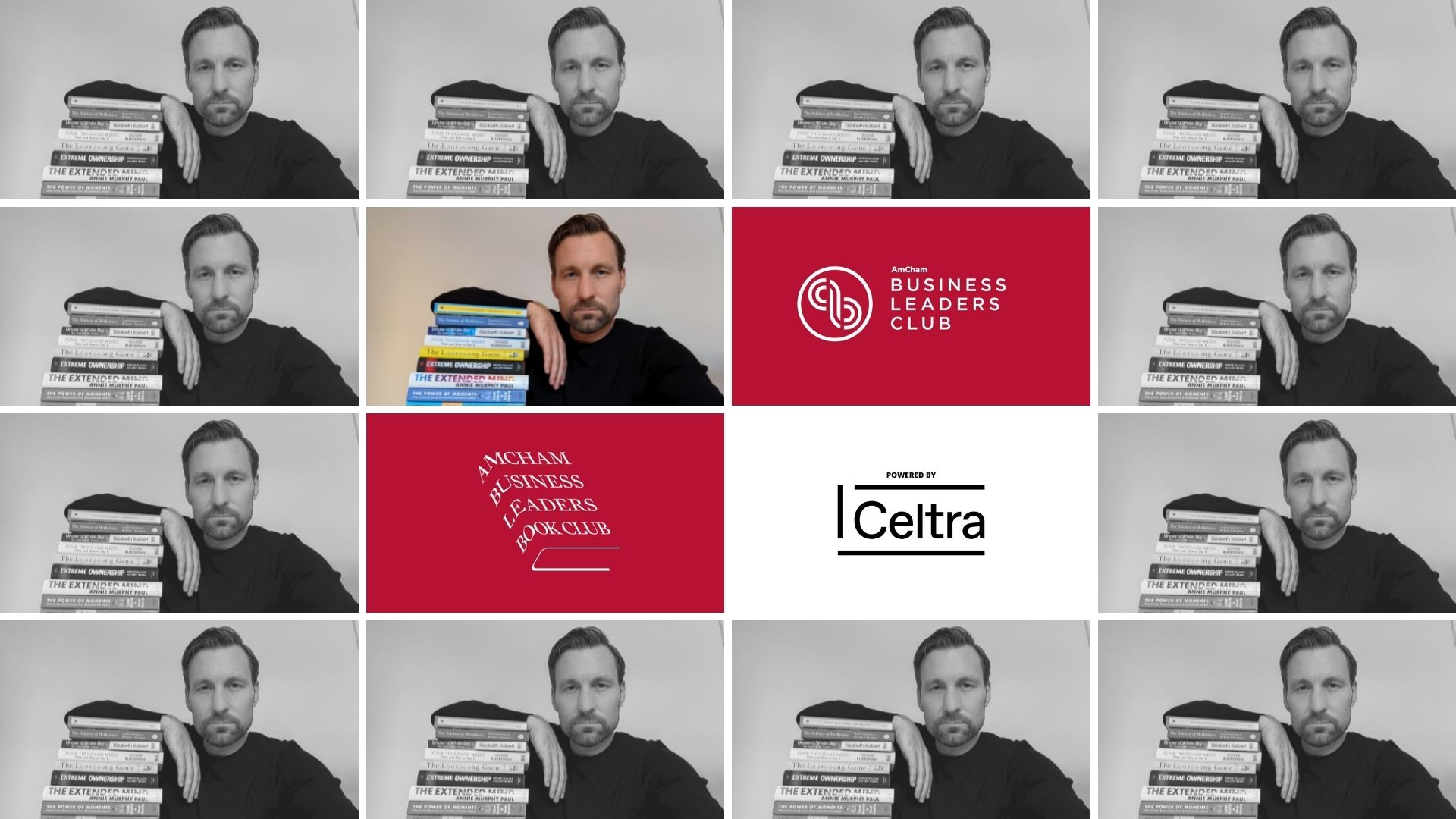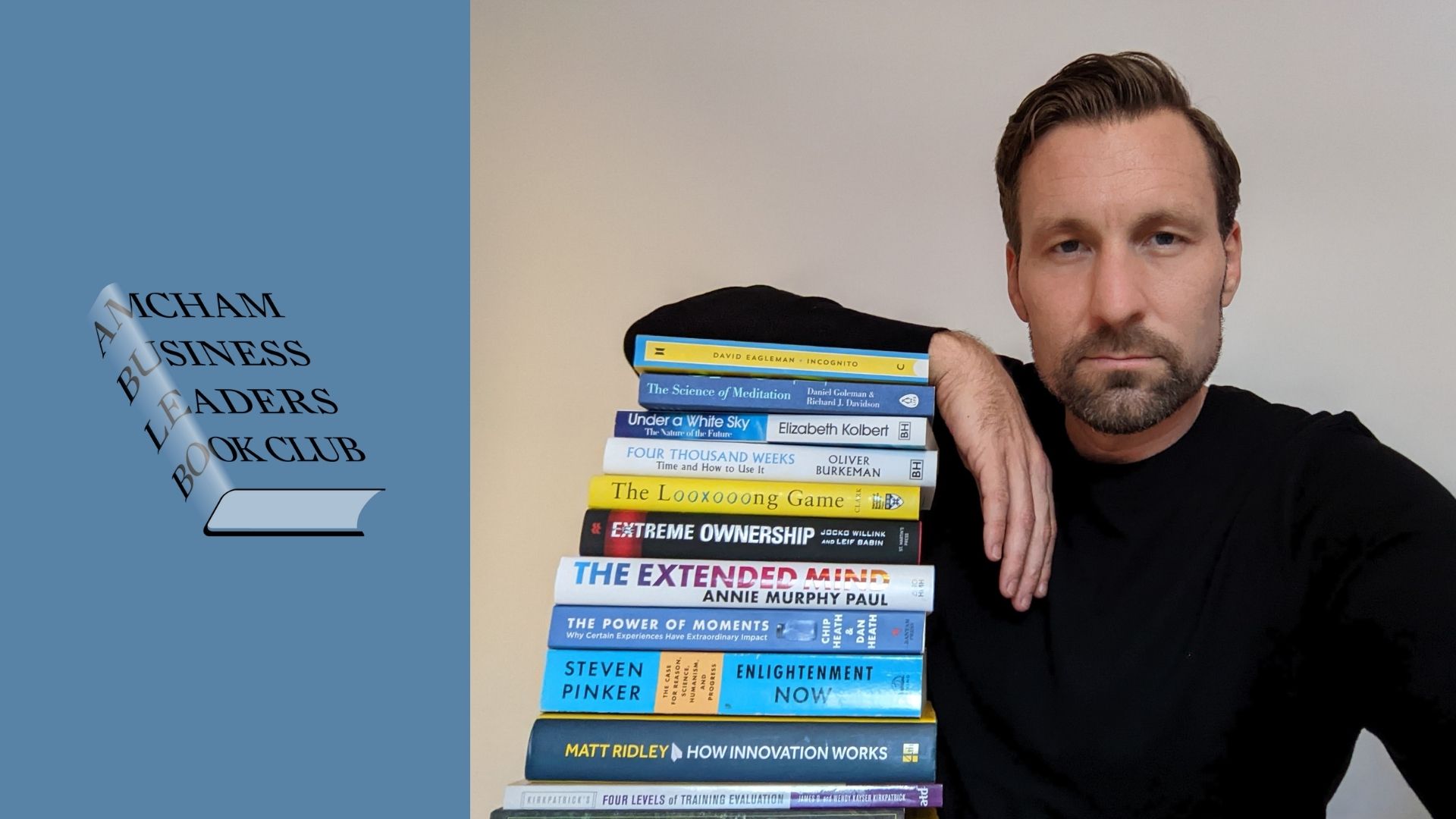Matej, what does reading mean to you?
Time spent with a book is a special sort of time, kind of like therapy. You fall into a zone, and it’s a moment where you sort things out or make sense of them. Another thing is what I typically read. There’s a bit of fiction, but most of what I read has to do with our work at CorpoHub. Whatever we learn from business literature gets included in the way we do things and in our workshops on leadership and agility. Alongside pure knowledge, literature also serves as an inspiration. Normally CorpoHub runs on efficiency, but books are the exception – your thoughts can escape from the paragraph you are reading and there’s no rush with a book. If you take a long time to read a book, if you pause because you need time to think about what you’ve read, all of that is fine.


